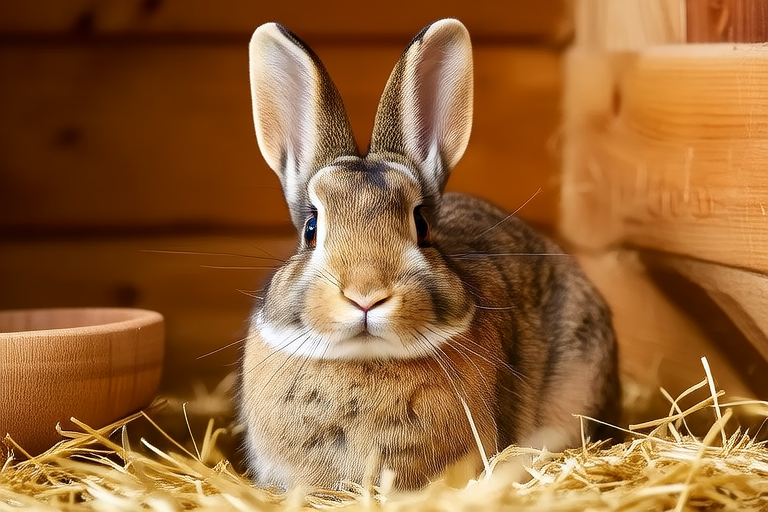From Barnyard to Bedroom: The Journey of Dutch Dwarf Rabbits
The journey of Dutch Dwarf rabbits from farm animals to cherished pets is a testament to the enduring appeal of small, charming creatures. Originally bred in the Netherlands for meat production, these rabbits have since found a new purpose as beloved companions. This article explores the history, physical attributes, temperament, care needs, and the joys of owning Dutch Dwarf rabbits.
Origins and Evolution
Dutch Dwarfs originated in the Netherlands in the early 20th century. Initially, they were bred for their meat and fur. However, their small size and docile nature made them ideal candidates for domestication. Over time, breeders focused on enhancing their physical appearance and temperament, leading to the development of a distinctively friendly and compact breed. By the mid-20th century, Dutch Dwarfs had become popular show animals and eventually transitioned into households as pets.
Physical Characteristics
Dutch Dwarfs are among the smallest breeds of domesticated rabbits, typically weighing between 1.5 and 2.5 pounds. Their most striking feature is their contrasting color pattern, which includes a white blaze on the face, white feet, and a colored area around the eyes. They come in various colors, including black, chocolate, blue, and fawn. Their short, dense fur requires minimal grooming, making them low-maintenance pets.
Temperament and Personality
Dutch Dwarfs are known for their gentle and affectionate nature. They are generally calm and enjoy interacting with humans, making them excellent companions for families. Despite their small size, they are robust and can be playful. However, they require gentle handling due to their delicate bones and smaller stature. Early socialization and consistent interaction help build trust and a strong bond between the rabbit and its owner.
Care Requirements
Housing
Creating a suitable living space is crucial for the well-being of Dutch Dwarf rabbits. A spacious indoor cage or a dedicated room allows them to move freely and exercise. The cage should be large enough to accommodate a litter box, food dish, water bottle, and a resting area. Providing ramps, tunnels, and toys encourages mental stimulation and physical activity.
Diet
A balanced diet is essential for maintaining the health of Dutch Dwarfs. Their primary food source should be high-quality hay, which aids digestion and dental health. Fresh vegetables and fruits can be offered in moderation as treats. Pellets formulated specifically for rabbits should be given sparingly to avoid obesity. Always ensure access to clean, fresh water.
Grooming
Dutch Dwarfs require minimal grooming due to their short coat. Regular brushing helps remove loose hair and prevents matting. Bathing is rarely necessary unless the rabbit becomes excessively dirty. Clipping nails regularly and cleaning ears are also important aspects of their grooming routine.
Health Issues and Preventive Measures
Like all pets, Dutch Dwarfs are susceptible to certain health issues. Common problems include dental disease, respiratory infections, and gastrointestinal disorders. To prevent these, provide a balanced diet, regular exercise, and routine veterinary check-ups. Vaccinations and parasite control are also vital for keeping your rabbit healthy.
The Bond Between Rabbit and Owner
The relationship between Dutch Dwarf rabbits and their human companions is often filled with joy and mutual affection. These rabbits thrive on attention and interaction, making them delightful pets. Owners frequently report that their Dutch Dwarfs bring a sense of calm and happiness into their homes. The unique bond formed through daily care and playtime strengthens the connection between pet and owner, creating lasting memories.
Conclusion
The journey of Dutch Dwarf rabbits from barnyard to bedroom reflects their transformation from utility animals to cherished companions. With their distinctive appearance, gentle demeanor, and easy-care requirements, they make wonderful pets for many households. By understanding their specific needs and providing proper care, owners can ensure a long and happy life for their Dutch Dwarf rabbits. Embrace the joy and companionship these little creatures bring, and experience the magic of sharing your home with a Dutch Dwarf rabbit.
